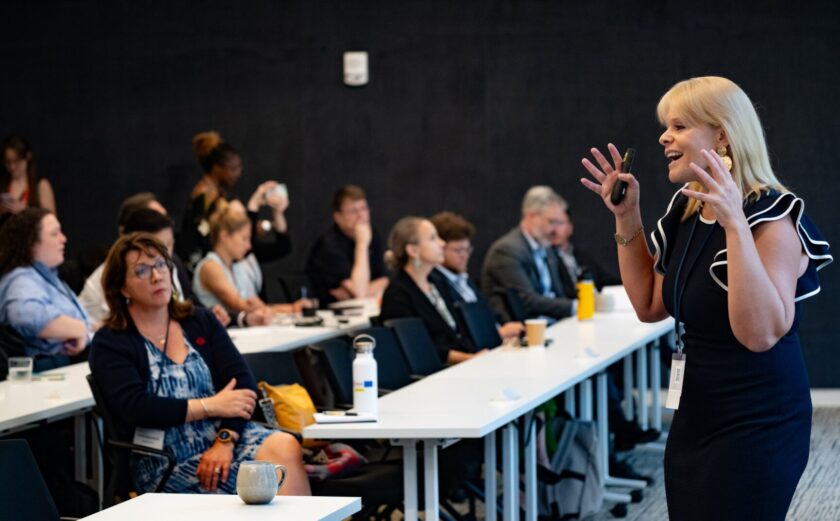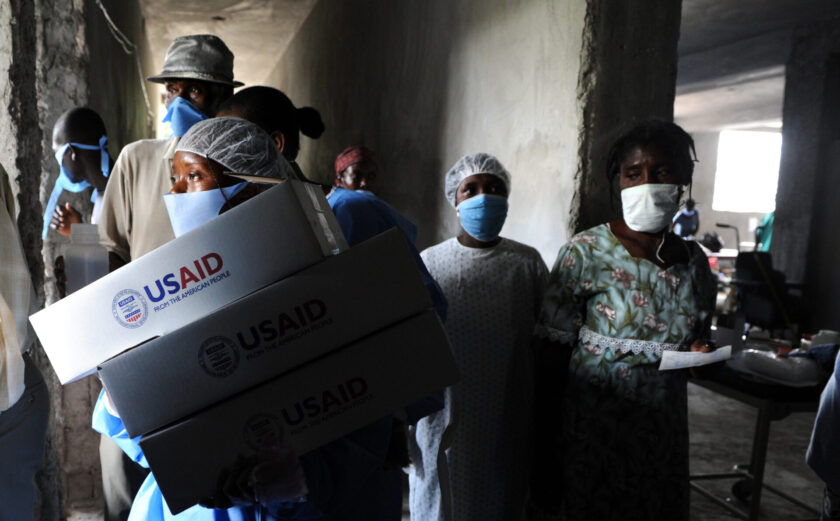
INGOs, the Supreme Court, and the Anti-Terrorism Act: A Factsheet
As Twitter heads to the U.S. Supreme Court this term, international non-governmental organizations (INGOs) that work in proximity to terrorist groups may want to pay close attention.
The case, brought under the Anti-Terrorism Act (ATA), will examine the 9th Circuit Court’s broad interpretation of secondary liability under the ATA, which could have implications for INGOs (Twitter v. Taamneh, U.S. Supreme Court No. 21-1496).
InterAction filed an amicus brief outlining the implications of this broad interpretation for INGOs. The 9th Circuit’s interpretation extends liability to “entities that play no role in terrorist attacks, if the entities are alleged to be generally aware that terrorists or their affiliates, members, or supporters may be among their users. NGOs that provide lifesaving humanitarian aid to populations in fragile states are precisely the type of entity that will suffer from this interpretation of aiding-and-abetting liability under the ATA,” the brief states.
The lawsuit stems from a shooting massacre in Istanbul for which the Islamic State (ISIS) claimed responsibility. The plaintiffs, relatives of one of the attack victims, alleged that Twitter aided and abetted ISIS by allowing the terrorist group to use its platform. The 9th Circuit acknowledged that Twitter had, at most, an arms-length transactional relationship with ISIS, did not provide any specialized assistance, prohibited posts promoting terrorist activity, and regularly removed such content.
However, the court found that the allegations established that Twitter “knowingly” provided substantial assistance to “an act of international terrorism” because they allegedly were aware of ISIS’ use of their platform for years. The defense argued that in addition to Twitter’s services not being used in connection with the specific attack or by the individuals who committed or directed it, the defendant did not share any terroristic purpose, and the defendant regularly enforced its rules to prevent terrorists from using its services.
The Supreme Court will consider whether a defendant that provides generic, widely available services to all its users and “regularly” works to detect and prevent terrorists from using those services “knowingly” provides substantial assistance under the ATA merely because it could have taken more “meaningful” or “aggressive” action to prevent such use. It will also determine whether a defendant whose services are not used in connection with the specific “act of international terrorism” that injures a plaintiff may be liable for aiding and abetting under the ATA.
Like Twitter, many INGOs provide widely available services to an entire community or a population. And like the facts of this case, INGOs conduct due diligence and risk mitigation to prevent terrorists from accessing their goods, services, cash, or other resources. Were the Supreme Court to accept the 9th Circuit’s reasoning, INGOs could potentially be liable under the ATA for aiding and abetting terrorists if a court substituted its judgment for that of INGOs regarding whether the due diligence and risk mitigation employed by the INGOs was “meaningful” or “aggressive” enough.
As noted in the brief, the 9th Circuit’s “expansive interpretation risks crippling vital humanitarian and development work that NGOs perform in the world’s most fragile states” and “would hobble NGOs that carry out lifesaving work in many areas of the world by supplying essential goods and services that would otherwise be inaccessible to vulnerable populations. That result would, in turn, frustrate U.S. foreign policy objectives and the purpose of the ATA itself.”








